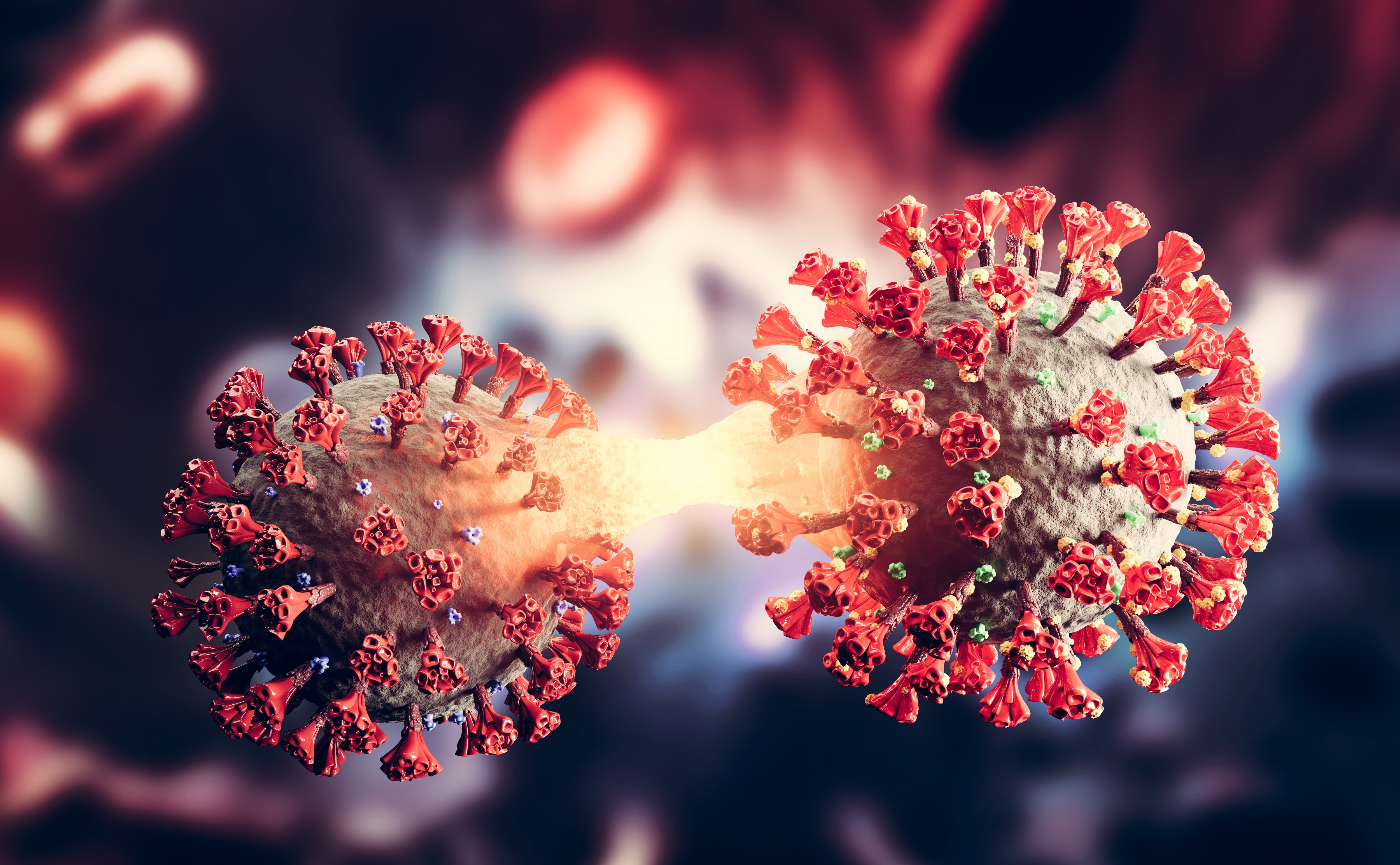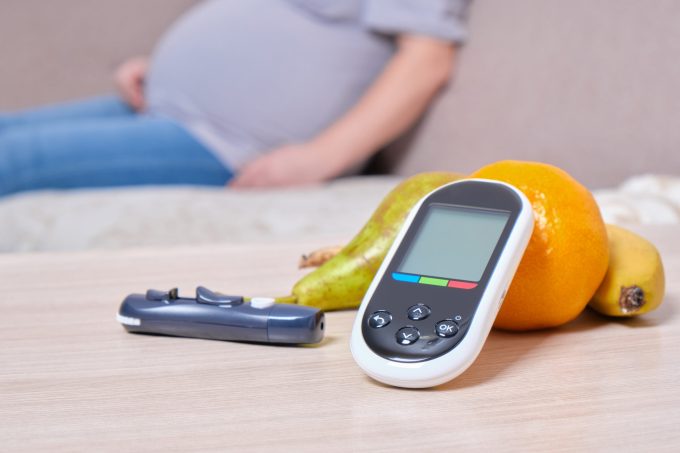The severe acute respiratory syndrome coronavirus 2 (SARS-CoV-2) is the infectious agent that causes the highly contagious coronavirus illness 2019 (COVID-19). With over 6 million deaths globally, COVID-19 has had a devastating impact on the planet. It has become the most significant worldwide health emergency since the 1918 influenza epidemic. Treatment guidelines are updated to reflect the most effective medicines when the virus mutates. This task involves a thorough analysis of the symptoms, consequences, and current treatment choices for this disease as advised by guidelines.
Origin Of Virus

A majority of patients in the initial stages of this outbreak reported a link to the Huanan South China Seafood Market, a live animal or ‘wet’ market, suggesting a zoonotic origin of the virus. An initial assessment of the transmission dynamics in the first 425 confirmed cases found that 55% of cases before 1 January 2020 were linked to the market, whereas only 8.6% of cases after this date were linked to the market. This suggests that person-to-person spread was occurring among close contacts since the middle of December 2019. More recent studies suggest that the virus may have emerged earlier than previously thought in other countries.
How Do I Avoid Contracting COVID-19?

Wash your hands frequently and carefully.
- Rub your hands together with warm water and soap for a minimum of 20 seconds. Work up a lather that goes under your fingernails, between your fingers, and around your wrists. Another option is to use antiviral and antibacterial soap.
- If you are unable to adequately wash your hands, use hand sanitizer. Wash your hands again numerous times a day, especially after handling objects like laptops and phones.
Refrain from touching your face.
- On certain surfaces, SARS-CoV-2 can survive for up to 72 hours. Any surface that you touch, such as a petrol pump, can expose you to the virus on your hands. manage your smartphone
A doorknob - Refrain from touching your mouth, nose, eyes, or any other portion of your head. Do not bite your fingernails either. This may allow SARS-CoV-2 to enter your body through your hands.
Never exchange personal belongings.
Never exchange private things such as:
- mobiles
- composition
- combs
Additionally, it is crucial to avoid sharing straws and dining utensils. Teach kids that their straw, reusable cup, and other dishes are meant to be used by them alone.
When you sneeze or cough, cover your mouth and nose.
The mouth and nose contain large concentrations of SARS-CoV-2. This implies that when you cough, sneeze, or talk, it can spread to other people by airborne droplets. It can also land and remain on hard surfaces for a maximum of three days.
To maintain the cleanliness of your hands, sneeze into your elbow or use a tissue. Regardless, always wash your hands thoroughly after coughing or sneezing.
Scrub and sanitize surfaces.
Use disinfectants with alcohol base to clean the hard surfaces in your house, such as:
- counters
- doorknobs
- furnishings
- toys
Additionally, clean your laptop, phone, and any other frequently used items many times a day.
After bringing goods or parcels inside your house, clean the affected areas.
Between disinfecting surfaces, use hydrogen peroxide solutions or white vinegar for routine cleaning.
Be mindful of your physical (social) distance.
The SARS-CoV-2 virus will be detected in large quantities in your sputum (spit). Even in the absence of symptoms, this may still occur.
Physical (social) separation also entails working from home when it is feasible.
If you must go outside for essentials, stay six feet (2 meters) away from other people. Talking to someone who is close to you can spread the infection.
Avoid congregating in groups.

It is more likely that you will come into close touch with someone when you are in a group or gathering.
This includes staying away from all houses of worship because you might have to sit or stand too near to another worshipper. It also means not gathering in parks or on beaches.
Steer clear of eating and drinking in public areas.
This is not the moment to eat out. This entails staying away from eateries such as bars, coffee shops, and restaurants.
Dishes, cups, tools, and food can all spread the illness. It might possibly momentarily take off from other attendees.
Takeout and delivery options are still available. Select dishes that are fully cooked and have a high temperature tolerance.
Coronaviruses are killed by high heat—at least 132°F/56°C, according to a recent, unreviewed lab study.
This suggests that it might be advisable to stay away from buffets, open salad bars, and cold dishes served in restaurants.
Clean newly purchased goods.
Before consuming or cooking, wash all produce under running water.
When it comes to fruits and vegetables, the CDCTrusted Source and the FDATrusted Source advise against using soap, detergent, or commercial produce wash. Always wash your hands both before and after handling these things.
Put on a homemade mask.
The Centers for Disease Control and Prevention (CDC) advises Trusted Source that practically everyone uses a cloth face mask in public places like grocery shops where it may be challenging to physically distance oneself.
When worn properly, these masks can lessen the risk of SARS-CoV-2 transmission from asymptomatic or undiagnosed individuals when they breathe, speak, sneeze, or cough. Thus, the virus’s ability to spread is slowed.
On the CDC website, you can find directions for creating your own mask at home with simple supplies like scissors and a T-shirt.
Some pointers to keep in mind:
- Wearing a mask alone will not prevent you from getting a SARS-CoV-2 infection. Careful handwashing and physical distancing must also be followed.
- Compared to other mask types like surgical masks or N95 respirators, cloth masks are less effective. These additional masks, however, are only appropriate for first responders and healthcare professionals.
- Prior to donning your mask, wash your hands.
- After every usage, wash your mask.
- The infection can be spread from your hands to the mask. Do not touch the front of a mask if you are wearing one.
- The pathogen can potentially enter your hands from the mask. In the event that you touch the mask’s front, wash your hands.
- A kid younger than two years old, someone who has respiratory difficulties, or someone who is unable to take off their own mask should not wear a mask.
If ill, isolate oneself
If you experience any symptoms, give your doctor a call. Remain at home while you heal. Even if you share a house, avoid sitting, sleeping, or eating with your loved ones.
Put on a mask and try your hardest to wash your hands. Wear a mask and inform the medical staff that you may have COVID-19 if you require emergency care.














Leave a comment